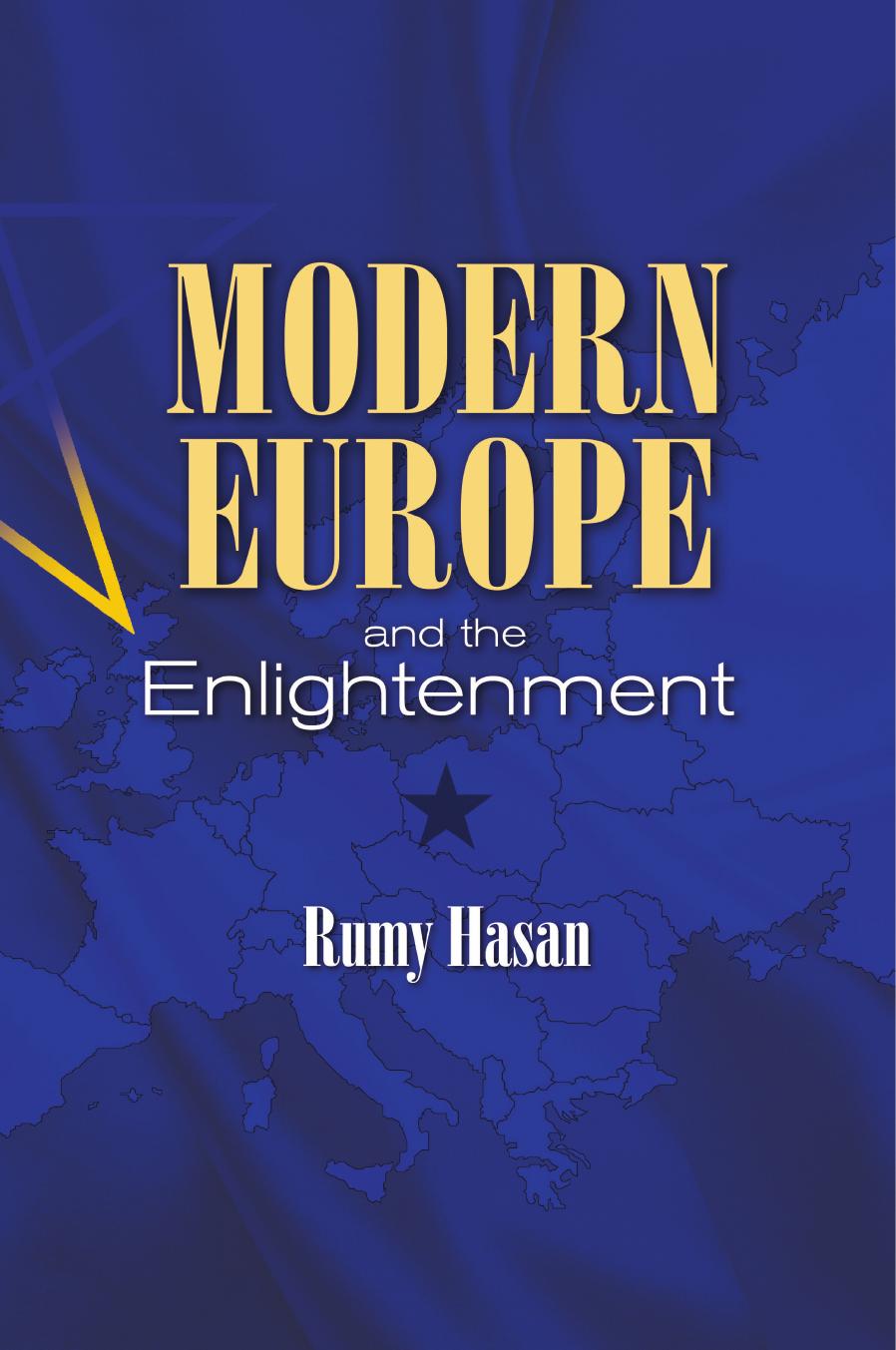Modern Europe and the Enlightenment by Rumy Hasan

Author:Rumy Hasan [Hasan, Rumy]
Language: eng
Format: epub, pdf
Tags: history, Europe, General
ISBN: 9781789760903
Google: FovXzQEACAAJ
Publisher: Sussex Academic Press
Published: 2021-05-15T23:27:26.802109+00:00
Section I (VIII) states, inter alia:
By virtue of the principle of equal rights and self-determination of peoples, all peoples always have the right, in full freedom, to determine, when and as they wish, their internal and external political status, without external interference, and to pursue as they wish their political, economic, social and cultural development. (OSCE, 1975)
The Accords can be considered a delayed response in furthering the cause of human rights in the Communist bloc countries. Nevertheless, many thought the declaration was signed in bad faith hence did not believe that the principles therein would be adhered to. A famous example of the loss of faith with a ruling Communist Partyâs commitment to human rights is that of Charter 77, a document that was signed by 242 persons from a variety of backgrounds in Czechoslovakia in January 1977. Its aim was to hold the government accountable not only to its own laws, but also to international agreements to which it was a signatory, including the Helsinki Accords. The Charter asserts that basic human rights in the country âexist on paper aloneâ. The right to freedom of expression is âpurely illusoryâ and is inhibited by the centralized control of all the communication media and of publishing and cultural institutions. Those who exercise the right are confronted with the threat of being condemned to the constant risk of unemployment or other penalties. âMany scholars, writers, artists and others are penalized for having legally published or expressed, years ago, opinions which are condemned by those who hold political power todayâ. The document closes with a statement rooted in Enlightenment thought: âWe believe that Charter 77 will help to enable all citizens of Czechoslovakia to work and live as free human beingsâ (Charter 77, 1977).
The government took umbrage and ferociously denounced the Charter and mounted an âanti-Charterâ campaign. The secret police harassed and persecuted virtually all the signatories, having them fired from their jobs, imprisoning some and forcing others to emigrate. One of the three key signatories Vaclav Havel, who was imprisoned, would go on to lead the âVelvet Revolutionâ that brought to an end communist rule in 1990 and then become the Czech Republicâs first President in 1993 (RFE/RL, 1997). These vindictive acts demonstrated the authoritarian, unenlightened mindset of the rulers of the Communist bloc under the heavy hand of the Communist Party of the Soviet Union. In no communist country was there a firm commitment to uphold the human rights principles of the Helsinki Accords.
However, the former communist countries1 did not have a legacy of slavery and colonisation that so profoundly impacted upon the former colonial powers of Western Europe and so were not of relevance to them. Cognisant of this fact, the Communist bloc portrayed itself as âanti-imperialistâ and supported liberation movements fighting for independence: this became an important facet of the Cold War. Whilst students from newly independent states who allied with the Warsaw Pact countries were offered scholarships to study in communist countries, permanent immigration did not take place and indeed was not encouraged.
Download
Modern Europe and the Enlightenment by Rumy Hasan.pdf
This site does not store any files on its server. We only index and link to content provided by other sites. Please contact the content providers to delete copyright contents if any and email us, we'll remove relevant links or contents immediately.
| Africa | Americas |
| Arctic & Antarctica | Asia |
| Australia & Oceania | Europe |
| Middle East | Russia |
| United States | World |
| Ancient Civilizations | Military |
| Historical Study & Educational Resources |
Machine Learning at Scale with H2O by Gregory Keys | David Whiting(4292)
Never by Ken Follett(3937)
Fairy Tale by Stephen King(3370)
Oathbringer (The Stormlight Archive, Book 3) by Brandon Sanderson(3151)
The Man Who Died Twice by Richard Osman(3072)
Will by Will Smith(2907)
Rationality by Steven Pinker(2352)
Can't Hurt Me: Master Your Mind and Defy the Odds - Clean Edition by David Goggins(2322)
The Dark Hours by Michael Connelly(2300)
Friends, Lovers, and the Big Terrible Thing by Matthew Perry(2219)
The Dawn of Everything: A New History of Humanity by David Graeber & David Wengrow(2190)
Principles for Dealing With the Changing World Order: Why Nations Succeed and Fail by Ray Dalio(2036)
A Short History of War by Jeremy Black(1842)
HBR's 10 Must Reads 2022 by Harvard Business Review(1839)
Go Tell the Bees That I Am Gone by Diana Gabaldon(1748)
A Game of Thrones (The Illustrated Edition) by George R. R. Martin(1719)
Kingdom of Ash by Maas Sarah J(1667)
515945210 by Unknown(1660)
443319537 by Unknown(1544)
